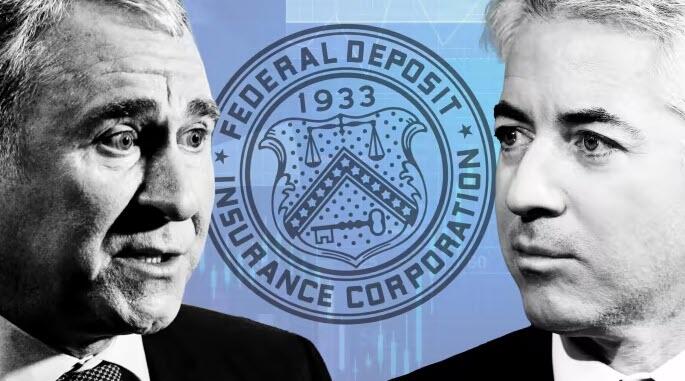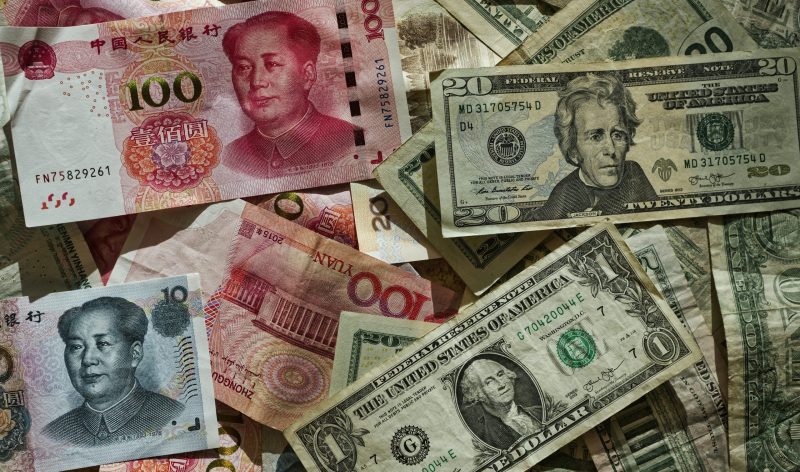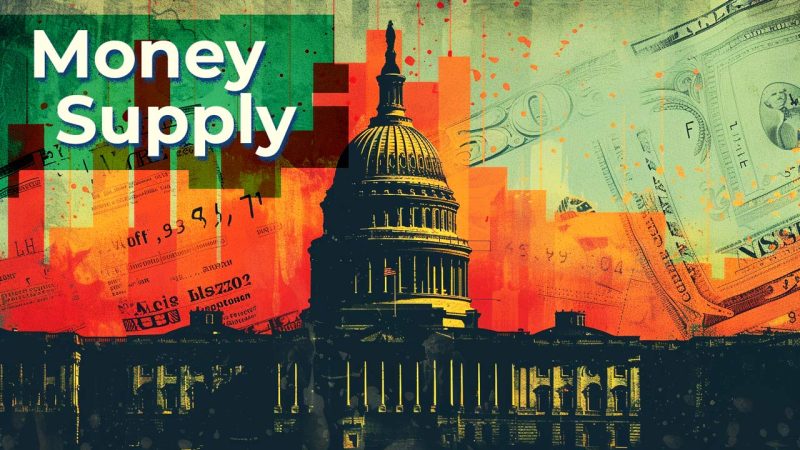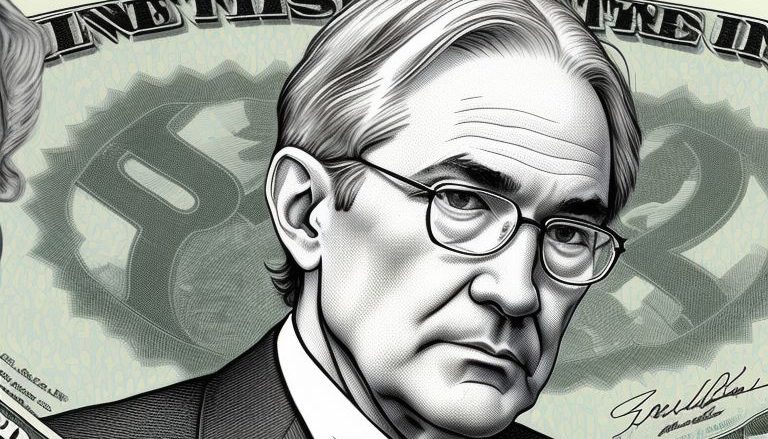In contrast to billionaire Bill Ackman’s praise for the federal government’s bailout of SVB depositors, Citadel founder Bill Griffin is not impressed, telling The FT that this action by US regulators shows American capitalism is “breaking down before our eyes”.
This article was originally published by ZeroHedge.
As a reminder, the FDIC’s Deposit Insurance Fund normally guarantees up to $250,000 in deposits, which protects small retail customers including mom-and-pop businesses. Banks pay for this guarantee with insurance premiums, but the insurance fund isn’t intended to backstop deposits of bigger customers with more capacity to weather losses if a bank goes under.
Yet, as The Wall Street Journal’s Editorial Board remarks, after venture capitalists (donors) and Silicon Valley politicians howled, the FDIC on Sunday announced it would cover uninsured deposits at SVB and Signature Bank under its “systemic risk” exception.
Apparently, Silicon Valley investors and startups are too big to lose money when they take risks. They benefited enormously from the Fed’s pandemic liquidity hose, which caused SVB’s deposits to double between 2020 and 2021. SVB paid interest of up to 5.28% on large deposits, which it used to fund loans to startups.
But now the FDIC is guaranteeing a risk-free return for startups and their investors.
Uninsured deposits normally take a 10% to 15% hair cut during a bank failure. Some 85% to 90% of SVB’s $173 billion in deposits are uninsured. The cost of this guarantee could be $15 billion.
The White House says special assessments will be levied on banks to recoup these losses.
That means bank customers with less than $250,000 in deposits will indirectly pay for this through higher bank fees. In other words, this is an income transfer from average Americans to deep-pocketed investors.
Griffin warned a year ago that price pressures will remain stubbornly persistent, forcing policymakers to need to hit the brakes “hard”, which will likely cause a recession, which, he warned, will leave the West facing “existential” problems.
A year later, he was proved right as The Fed’s aggressive rate-hikes “broke something”…
“The US is supposed to be a capitalist economy, and that’s breaking down before our eyes,” he said in an interview on Monday.
“There’s been a loss of financial discipline with the government bailing out depositors in full,” Griffin added.
This action by regulators raised the risk of increasing moral hazard, as WSJ notes, many banks have hedged their interest-rate risk and diversified their deposits, which comes at a business cost, but some like SVB and Signature didn’t.
Now, the Fed is now saying that’s OK – we’ve got your back.
This didn’t need to be the way as Griffin notes the strength of the US economy meant such a forceful action was not necessary.
“It would have been a great lesson in moral hazard,” he said.
“Losses to depositors would have been immaterial, and it would have driven home the point that risk management is essential.”
“We’re at full employment, credit losses have been minimal, and bank balance sheets are at their strongest ever. We can address the issue of moral hazard from a position of strength.”
Finally, while The White House’s first instinct, even in a financial panic, was to spin reality and hunt for political scapegoats, Griffin points the finger directly at the bureaucracy:
“The regulator was the definition of being asleep at the wheel.”
But we are sure, no government employee will ever be held accountable for ‘missing’ this risk – likely busying themselves with diversity and inclusion ‘threats’.
We give the last word to Satyajit Das, who summed the sad state of affairs up perfectly: The moral hazards around bailouts are well known.
It seems now that tech start-ups like banks, auto businesses and anybody with an effective lobbyists are too big to fail even if they are too difficult to understand or to properly manage.
As Herbert Spencer put it:
“The ultimate result of shielding men from the effects of folly, is to fill the world with fools.”
Over the last decade and a half, the economic system and financial practices have become geared around low rates, abundant liquidity and the authorities underwriting risk taking. Moving away from this state of affairs was never going to easy, that is, if it is possible at all.





